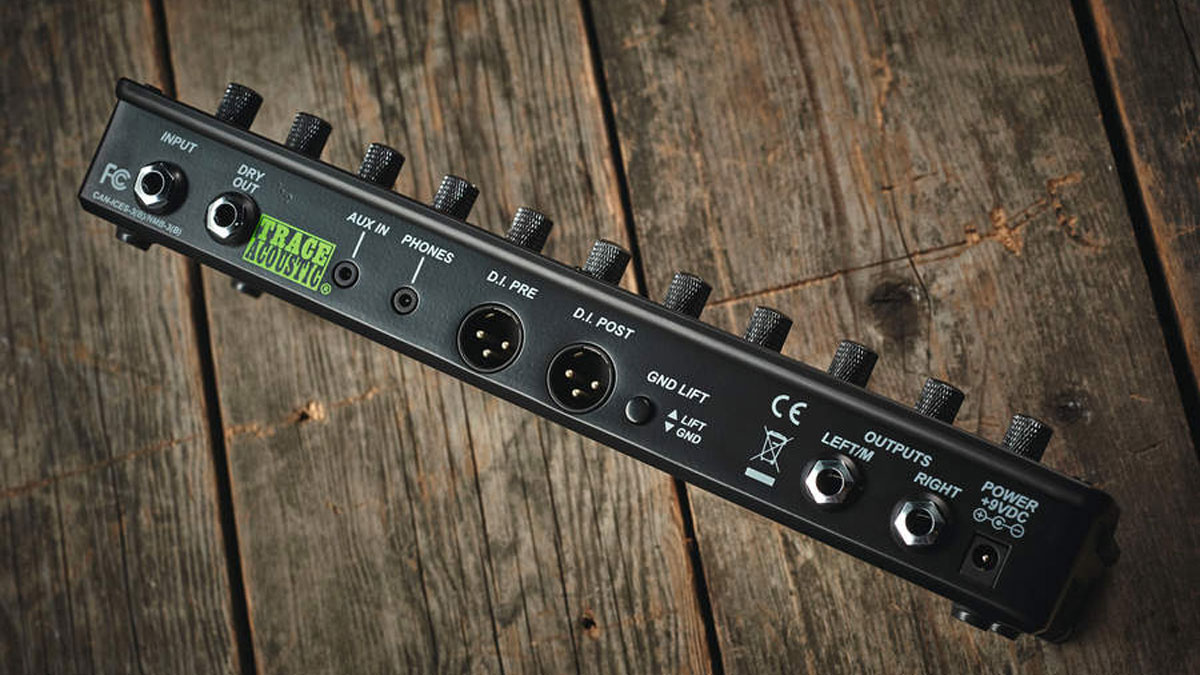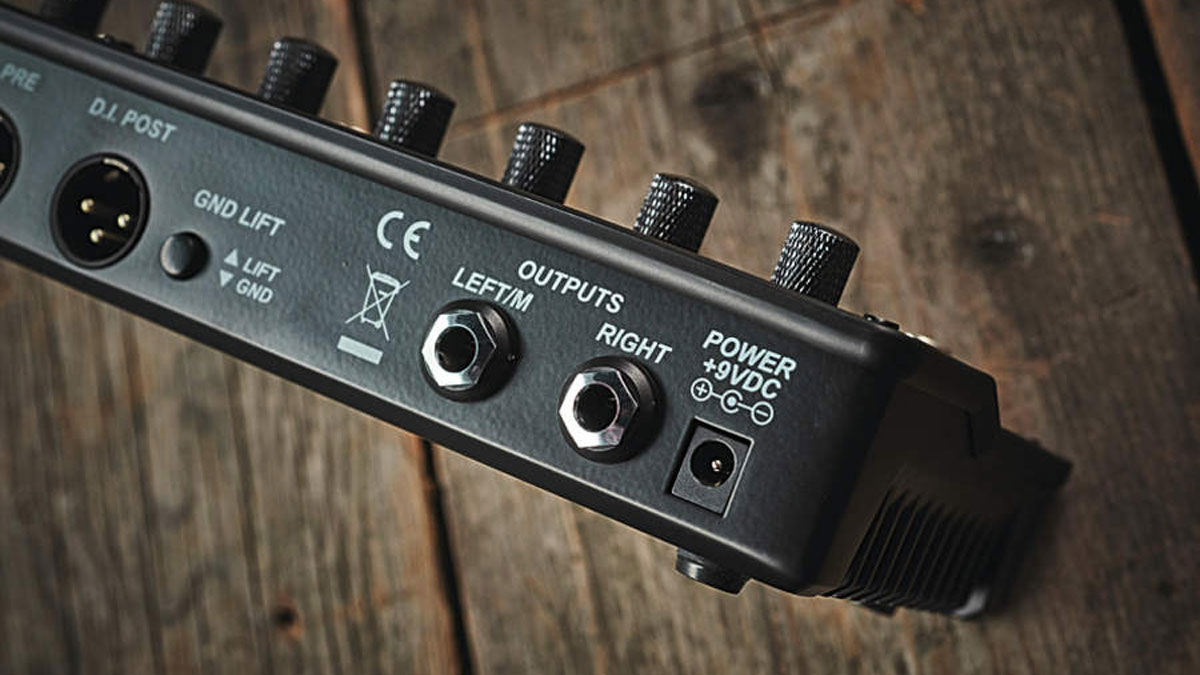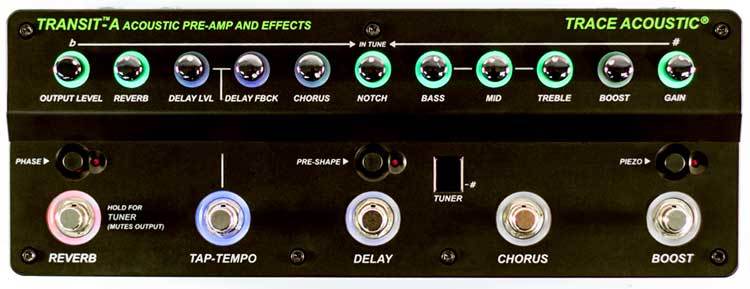MusicRadar Verdict
This represents an investment for a gigging acoustic player who wants more control - and its performance reflects that.
Pros
- +
A superb tool for a gigging acoustic player.
Cons
- -
Not cheap.
MusicRadar's got your back
There’s a common misconception that playing acoustic live means plugging the guitar straight into a DI and job done.
But why should electric players have all the fun of effects? Reverb, delay with tap tempo, chorus and boost - there are useful tone shapers and a whole preamp too in this compact-but-sturdy, sleek, black metal unit. Trace Elliot is presenting a do-it-all solution that’s reflected in the price. Is it worth it?
For ease of use the Trace Acoustic Transit A certainly takes some beating - the control layout and bright green LEDs let you know exactly what’s in operation at any point. There’s a handy Pre-Shape button - boosting lows and highs while cutting mids for a smooth EQ for piezos.

There’s also a piezo button that raises the input gain and impedance - effectively a 10db boost, in addition to a dedicated boost switch with a level control.
That comprehensive approach to options is reflected at the back with outputs including post and pre-EQ XLR. The latter allows you to send a signal direct to the PA that’s unaffected by your changes to the preamp controls. The post option allows your processing to be heard front of house.

In practice, with both magnetic soundhole pickup and piezo guitars we found the Transit A to be very intuitive. The preamp boosts levels considerably, which could be especially useful for passive piezo players; the effects, though certainly not as editable as standalone stompboxes, sound very good.
This represents an investment for a gigging acoustic player who wants more control - and its performance reflects that.
Want all the hottest music and gear news, reviews, deals, features and more, direct to your inbox? Sign up here.

Rob is the Reviews Editor for GuitarWorld.com and MusicRadar guitars, so spends most of his waking hours (and beyond) thinking about and trying the latest gear while making sure our reviews team is giving you thorough and honest tests of it. He's worked for guitar mags and sites as a writer and editor for nearly 20 years but still winces at the thought of restringing anything with a Floyd Rose.
